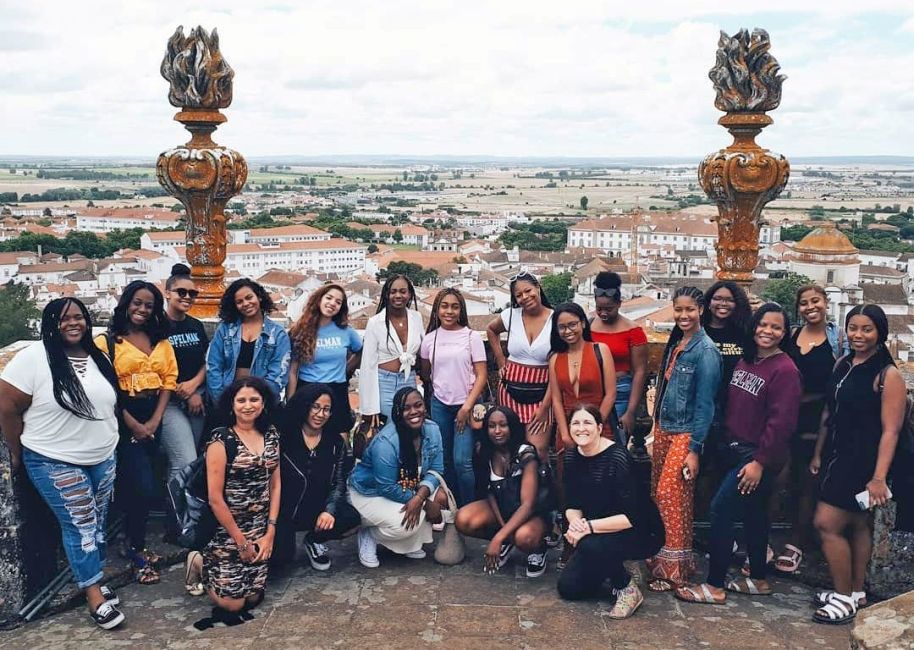Looking Back on Project Passport and Ahead at Education Abroad at MSIs
By Keshia Abraham
On the heels of a spectacular NAFSA annual conference, I find myself reflecting on how much has shifted in the landscape of study abroad, specifically at the group of institution types known as Minority Serving Institutions1 (MSIs). There was such a wonderful range of institutions serving underrepresented students present at the conference, it was very clear that institutional cultures are expanding focus on international education.
Usually, when we talk about expanding opportunities to study abroad, we talk about scholarships and the ways in which we address issues of cost. But at CIEE, we recognize that to be effective, we also need to consider culture and its impact on each aspect of the study abroad experience. I look back at where we were in 2016 when, in partnership with CMSI, we launched Project Passport, a comprehensive Initiative to develop study abroad programs at MSIs, and then look around at where we are now, and can honestly say I see so much light ahead because of how much progress has already been made in shifting the culture to make study abroad attainable for more and more students.
Over the past four years, we have worked closely with presidents, faculty, staff and students at MSI institutions to increase awareness and participation in education abroad through our Project Passport Initiative. We have been working with these institutions to expand capacity for international education while offering special incentives to get more and more underrepresented students abroad. With each MSI president who stepped up to match our $1500 grant to Frederick Douglass Global Fellowship applicants, opportunities were being created to expand minds and experiences both for their students and the cultures they will interact with. It is extremely encouraging to have had so many institutions work with us to increase the applications for this fellowship by five times this year, thus providing almost 100 students with opportunities to participate in programs around the world for summer 2019. We intend to expand this opportunity to even more students in 2020.
In turbulent times where perspectives of each other are often skewed by lack of representation, it is increasingly important for people to have the opportunity to experience themselves and others in new contexts. We in international education have the opportunity to turn boundary walls into bridges, even between U.S. students as study abroad experiences can provide unique opportunities for people who might not otherwise interact to become allies abroad.
We would love to know your story. How did study abroad help you appreciate U.S. cultural diversity? Feel free to send email with story, photos, and/or video links to edi@ciee.org.
______________
[1] There are a wide range of Institution types that fall under the category of Minority Serving Institution. These include Historically Black Colleges and Universities (HBCU); Hispanic Serving Institutions (HSI); AANAPISI (Asian American and Native American Pacific Islander Serving Institution); Predominately Black College (PBI); Tribal College (TCU); Native American Non-Tribal Serving Institution (NANTSI). A full list can be found here: https://cmsi.gse.upenn.edu/content/msi-directory

